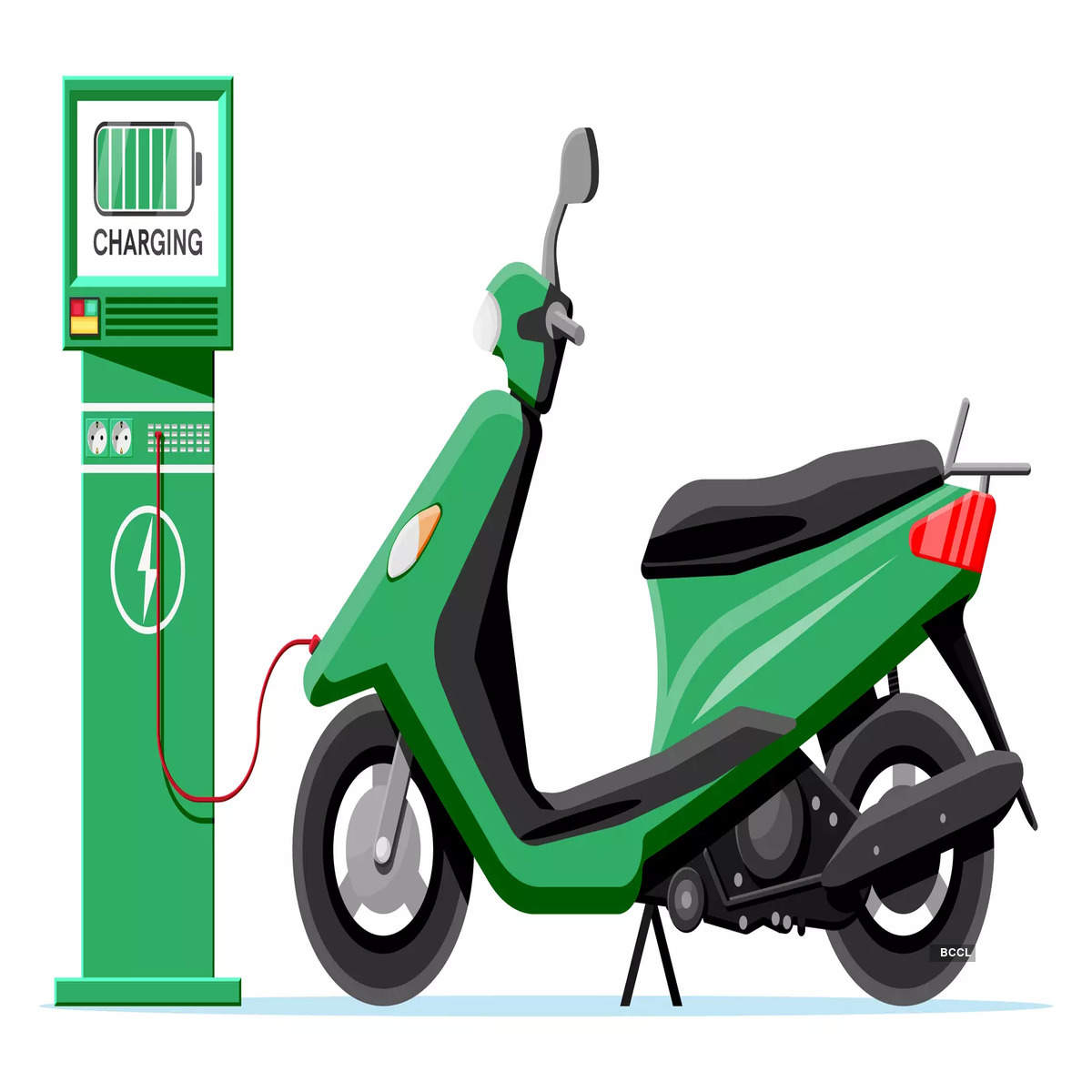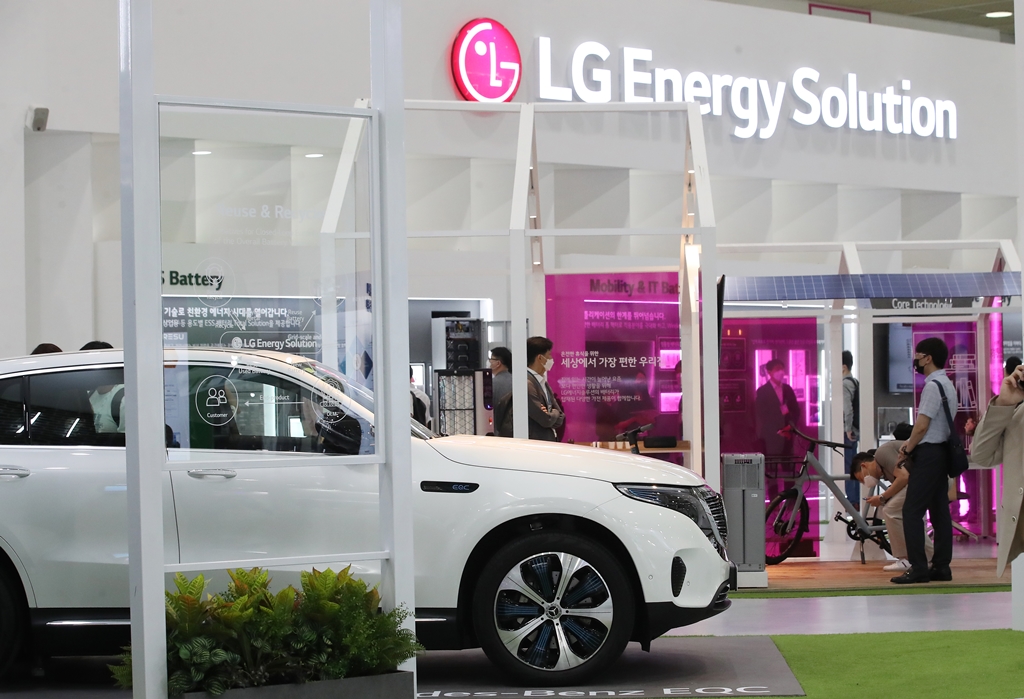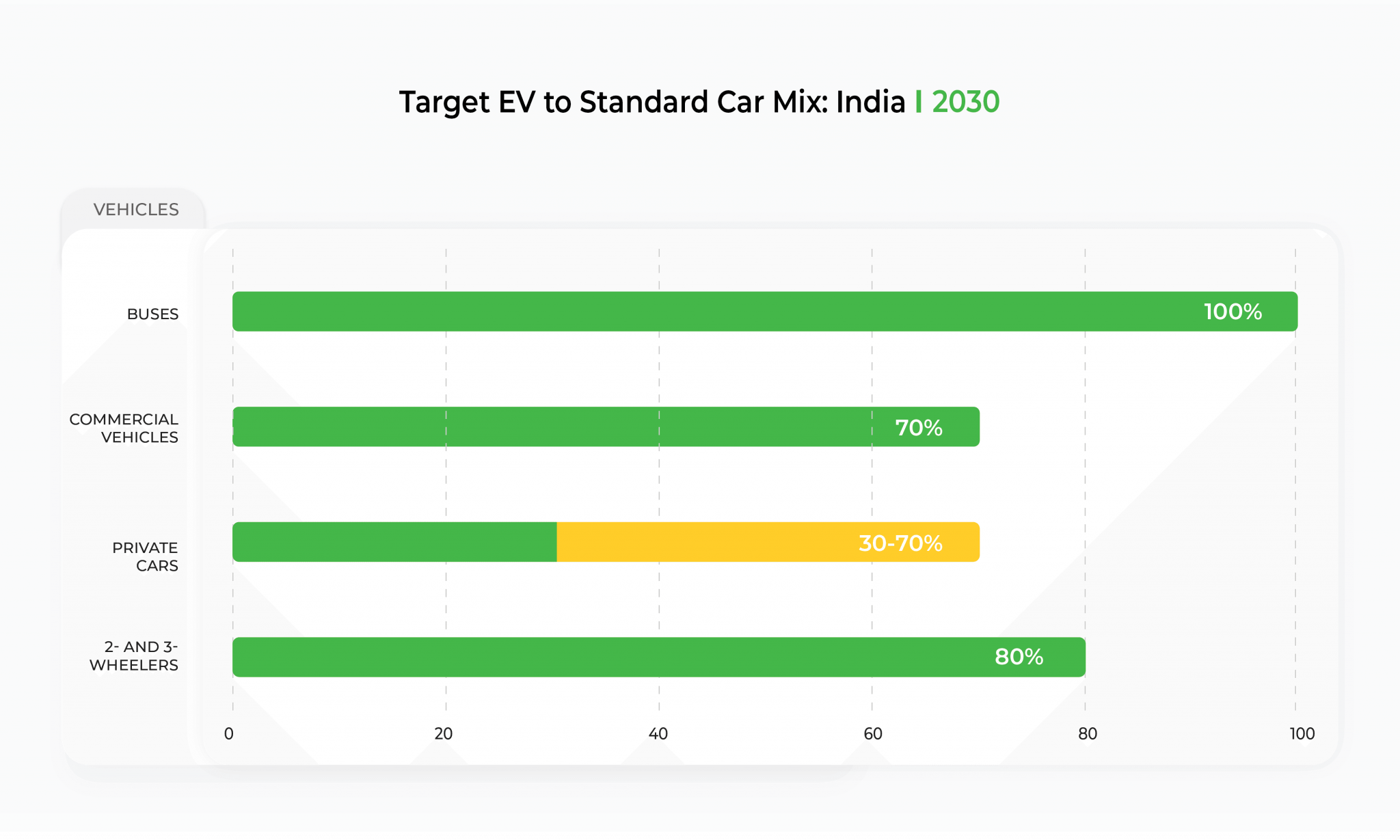
A Magnet for Investments in Sustainable Mobility
India’s electric vehicle (EV) industry is rapidly emerging as a global hub for sustainable mobility, attracting significant investments from both domestic and international players. In 2021 alone, the sector secured approximately $6 billion, as reported by the India Energy Storage Alliance (IESA). This surge in investments highlights the growing recognition of the EV sector’s potential and the increasing momentum towards a greener future.
Government Initiatives Powering Investment in India's EV Sector
The Indian government’s proactive approach has played a pivotal role in attracting investments to the EV industry. One of the cornerstone policies is the Faster Adoption and Manufacturing of Electric Vehicles (FAME) scheme. The FAME-II initiative, launched in 2019, allocated Rs 10,000 crore (approximately $1.4 billion) over three years to incentivize the adoption of electric vehicles across the country. By offering substantial subsidies and financial incentives, the government has significantly reduced the cost barriers for consumers and businesses alike, making EVs a more viable option.

Image credits: The Economic Times
Moreover, the government’s ambitious target of achieving 100% electrification of public transport and 30% electrification of private vehicles by 2030 has further boosted investor confidence. To support this goal, the government introduced a production-linked incentive (PLI) scheme for advanced chemistry cell (ACC) battery storage, with an outlay of Rs 18,100 crore (around $2.5 billion). This initiative aims to bolster local manufacturing capabilities, reduce dependency on imports, and ensure a stable supply chain for EV components.
A Booming Startup Ecosystem and Strategic Collaborations
India’s EV landscape is not just thriving due to government policies but also because of a dynamic startup ecosystem. According to the India Brand Equity Foundation (IBEF), the Indian EV startup ecosystem has attracted over $600 million in investments since 2014. These startups are at the forefront of innovation, developing cutting-edge technologies that are accelerating the transition to electric mobility. From battery management systems to electric two-wheelers and charging infrastructure, these startups are creating a robust and diverse EV ecosystem.

Image credits: KED Global
In addition to startups, collaboration between traditional automakers and technology suppliers is becoming increasingly crucial. A notable example is the partnership between Mahindra and Mahindra Limited and LG Energy Solution to develop advanced lithium-ion battery cells for Mahindra’s electric vehicles. Similarly, Tata Motors’ collaboration with TATA Power to establish a nationwide network of EV charging stations demonstrates how strategic alliances are driving the sector forward.
The Road Ahead: Challenges and Opportunities
Despite the promising investment trends, India’s EV sector still faces significant challenges. One of the primary hurdles is the need for substantial foreign direct investment (FDI) to bridge the gap between current investment levels and the capital required to meet the country’s ambitious EV targets. Industry reports suggest that India will need to invest over $180 billion by 2030 to realize its EV goals. Attracting this level of investment will require continued government support, policy stability, and a conducive business environment that encourages both domestic and international investors.

Image credits: Bolt Earth
However, the opportunities far outweigh the challenges. The investment momentum in India’s electric vehicle industry indicates a promising future for sustainable mobility. With strong government backing, a thriving startup ecosystem, and increasing collaboration across sectors, India is well on its way to becoming a global leader in electric mobility.
As India continues to invest in manufacturing infrastructure, innovative technologies, and integrated mobility solutions, the country’s transition to a cleaner and greener transportation system is set to accelerate.
The investments pouring into India’s EV sector are not just a testament to the potential of sustainable mobility but also a clear indicator that the country is positioning itself as a key player in the global EV landscape.
IS360 Can be Reached at
Sharing is caring!

